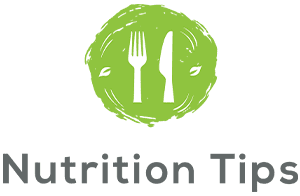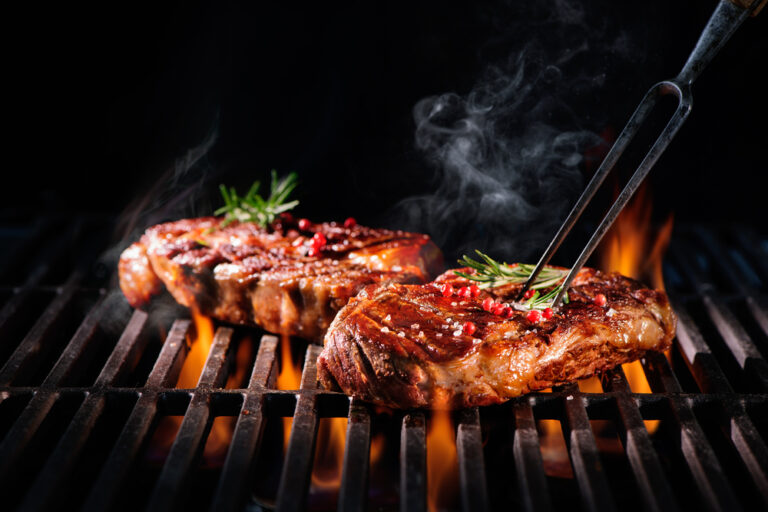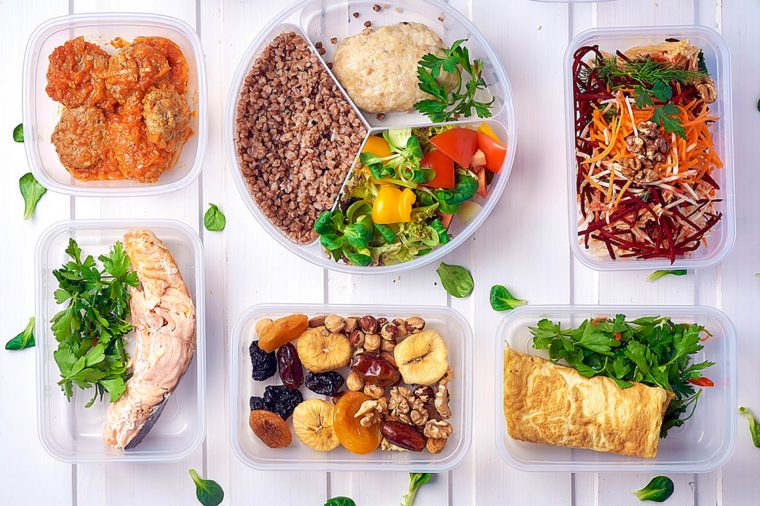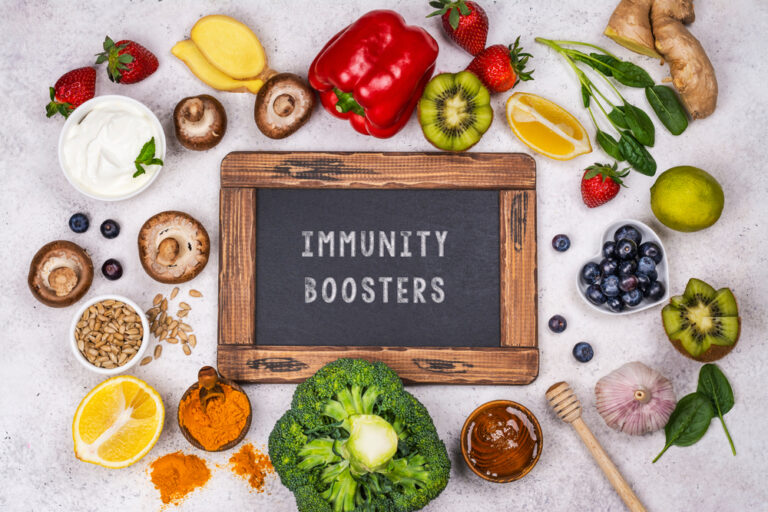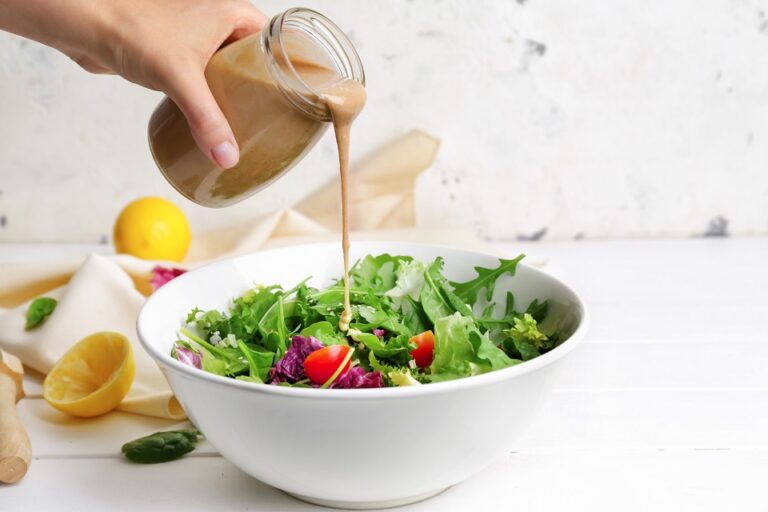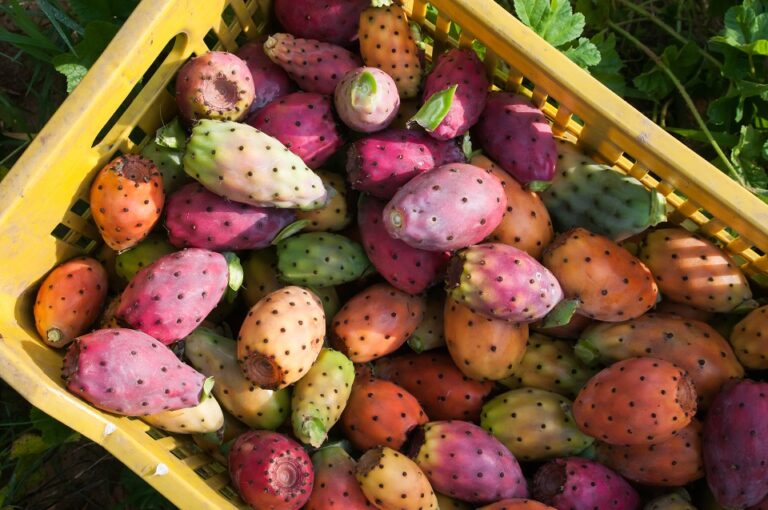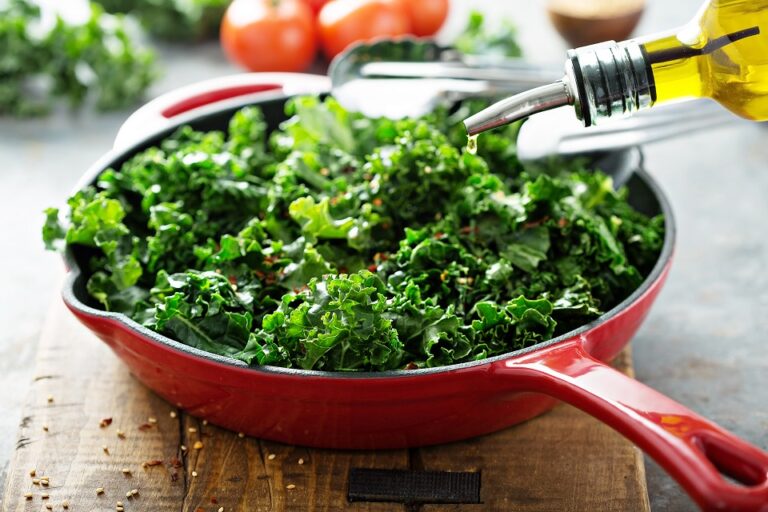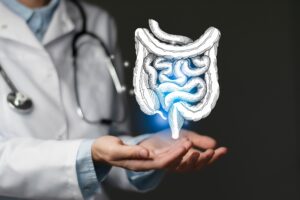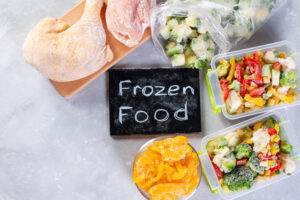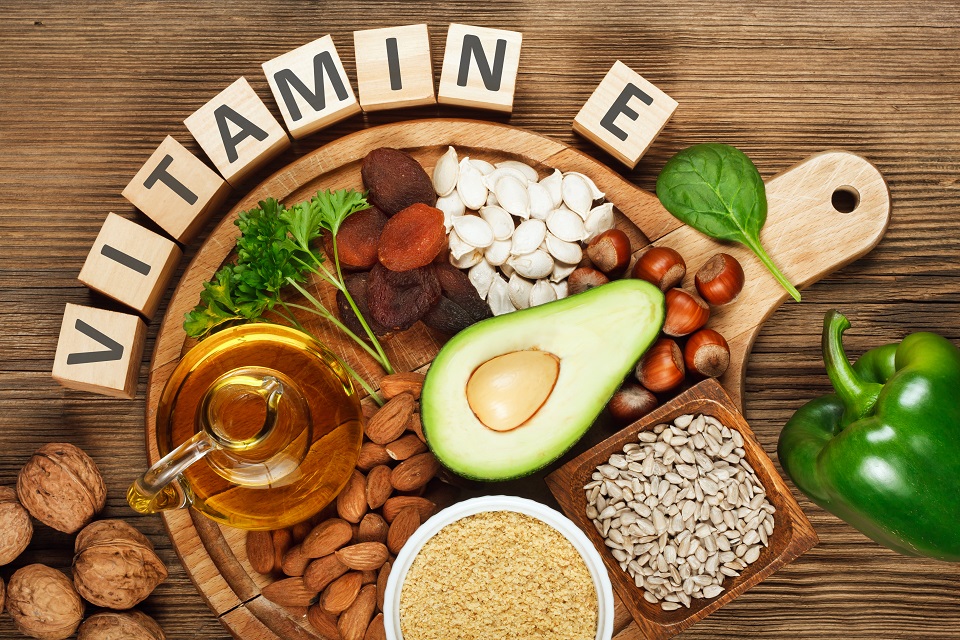
Vitamin E
Your doctor or nutritionist knows it as alpha-tocopheral, too. It’s just another name from the key vitamin E. And do you know what makes it a key vitamin? Its role in a plethora of body functions. From supporting blood vessels’ health and preventing clots from developing to maintaining a good immune system and destroying free radicals, we can’t live without vitamin E.
When we deprive our body of vitamin E-rich sources, we could experience muscle or nerve damage and muscle weakness. In more severe cases, a vitamin E deficiency can weaken our immune system, leading to a type of anemia doctors call hemolytic anemia.
Cystic fibrosis and Crohn’s disease patients could also be vitamin E deficient. Still, they shouldn’t get vitamin E supplements in large amounts. Overdosing on vitamin E can cause intestinal cramps, nausea, headaches, diarrhea, extreme fatigue, and weakness.
Way too much vitamin E can cause excessive bleeding, which could result in stroke or even death. The recommended daily intake for adults is 15 milligrams of vitamin E per day (22.5 IU).
Foods High in Vitamin E
- Sunflower seeds (1 ounce: 10 mg)
- Almonds (1 ounce: 7.3 mg)
- Hazelnut oil (1 tablespoon: 6.4 mg)
- Abalone (3 ounces: 3.4 mg)
- Pine nuts (1 ounce: 2.7 mg)
- Goose meat (1 cup: 2.4 mg)
- Avocado (half a fruit: 2.1 mg)
- Mango (half a fruit: 1.5 mg)
- Turnip greens (1 cup: 1.6 mg)
- Kiwifruit (1 medium fruit: 1.0 mg)
- Salmon (half a fillet: 2.0 mg)
- Mamey sapote (half a fruit: 5.9 mg)
- Mustard greens (half a cup: 1.3 mg)
Vitamin E is found in almost all foods. For this reason, it is kind of difficult to have a vitamin E deficiency.

